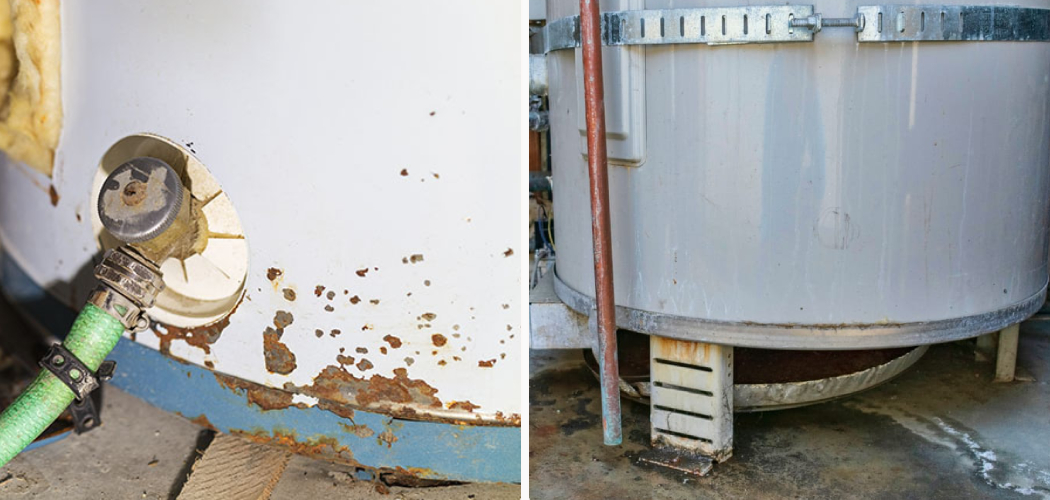Are you noticing that your hot water isn’t running as long or as hot? Are you worried that your water heater may be going out? Are you worried about how do you know your water heater is going out? It’s a stressful thought, but don’t panic just yet! There are some pretty common signs of a failing water heater, and luckily for you (hopefully), most of them are easy to spot.
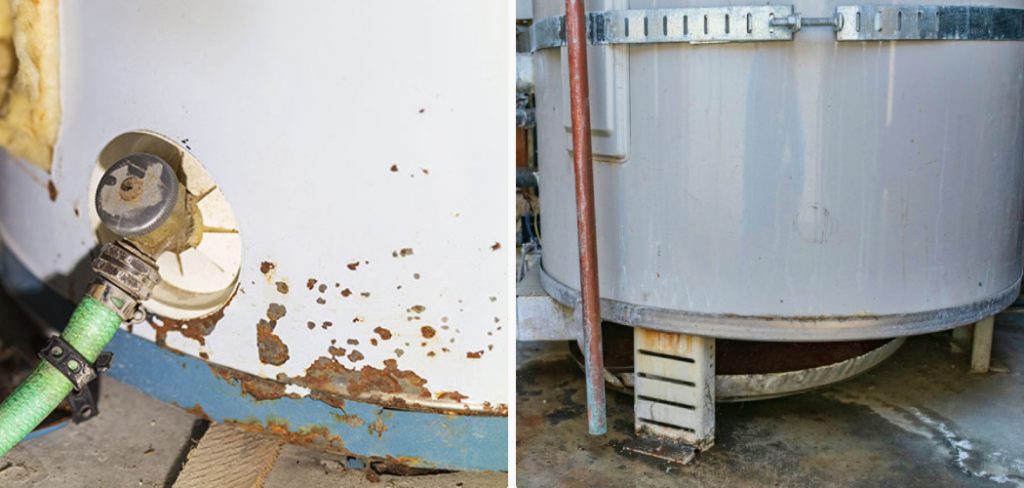
In this article, we’ll look at what signs to watch for, how to tell which type of failure is happening, and how to diagnose the issue properly. With this knowledge in hand, hopefully, it can help alleviate any feelings of stress that often come with dealing with an aged appliance. So if you think something could be wrong with your water heater, read on – let’s figure out what’s going on!
10 Signs of How Do You Know Your Water Heater is Going Out
1. No Hot Water
One of the most obvious signs your water heater is failing will be no hot water coming out of your taps or showers. If this is the case, you’ll need to check for any power issues, and if that’s not the problem then it’s likely time to replace your unit. If you don’t get any hot water, that’s a very clear sign your water heater is going out.
2. Low Hot Water Pressure
Another tell-tale sign of an aging water heater is if you notice that your hot water pressure has weakened. This could be a sign of sediment build-up in the tank, and it’s important to properly inspect and clean the unit or replace with a new one. Low hot water pressure is a sign of your water heater going out.
3. Cold Spots in Your Shower
If you notice that some parts of your shower are colder than others, this could indicate a failing water heater. It’s likely that mineral deposits have built up in the tank and the sediment is blocking hot water from entering certain areas of your home.
4. Discolored Hot Water
If you’re seeing brown or discolored hot water coming out of the taps, this could be due to rust or sediment build-up in the tank. This is a sign that your water heater must be serviced or replaced as soon as possible.
5. Rumbling, Popping Noises
If you start hearing rumbling, popping noises coming from your water heater, this could mean that the anode rod (which is used to protect against corrosion) has worn down. It’s important to have a professional inspect and replace the rod if necessary to extend your unit’s life.
6. Leaking From Water Heater
If you notice water pooling around your water heater, this could mean that the tank is corroding and rusting through. In this case, it’s best to replace the unit as soon as possible in order to avoid any further damage or costs. If you repair the leaking water heater then it might not last long.
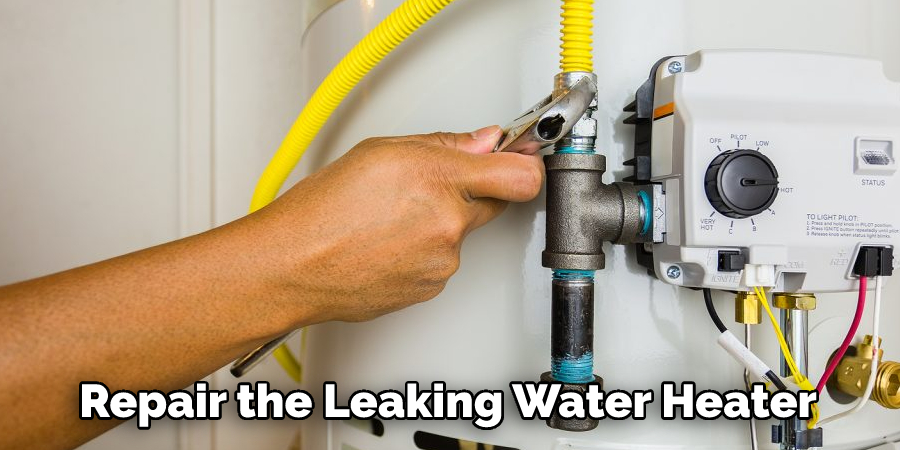
7. Smell of Rotten Eggs
If you’re noticing a smell of rotten eggs coming from your water heater, this is likely due to a buildup of sulfur in the tank. This can be caused by an overgrowth of bacteria and should be promptly inspected and cleaned or replaced with a new unit. If bacteria is the cause of the smell, then shock treatments will be needed to help prevent it from returning otherwise it’ll also need to be replaced.
8. High Energy Bills
If you’ve noticed a sudden spike in energy bills, this could be due to a failing water heater. An aged unit is more prone to energy loss, and your electric or gas bill will reflect this because of this, it’s important to keep an eye on your bills and replace the unit if necessary.
9. Water Heater Age
Another good indicator of a failing water heater is its age. If you have an older model that’s been around for 8-12 years or longer, it’s likely time for a new one. So keep an eye on the age of your unit and replace when necessary.
10. Rust Around Water Heater
If you notice rust around the outside of your water heater, this could be an indication that the tank is corroding from the inside out. This will usually require a full replacement of the unit in order to avoid any further damage or costs.
Now that you know the signs of a failing water heater, you can better understand what to watch for and how to properly diagnose the issue. Remember – if it’s time for a new unit, make sure to call a professional plumber to install it properly and safely!
How Long a Water Heater Works Properly?
Typically, a water heater can last 8-12 years with proper maintenance and care. However, if you don’t perform regular maintenance or repair any minor damages that may occur over time, your water heater could last less than five years.
If you notice any strange noises emanating from your water heater, such as rumbling or popping sounds, this could be a sign that the water heater is failing. To maintain optimal performance, you should also flush your water heater at least once every two years to remove any sediment buildup. Finally, if you notice any increased energy costs associated with heating your home’s water supply, it may be time to replace your water heater sooner than expected.
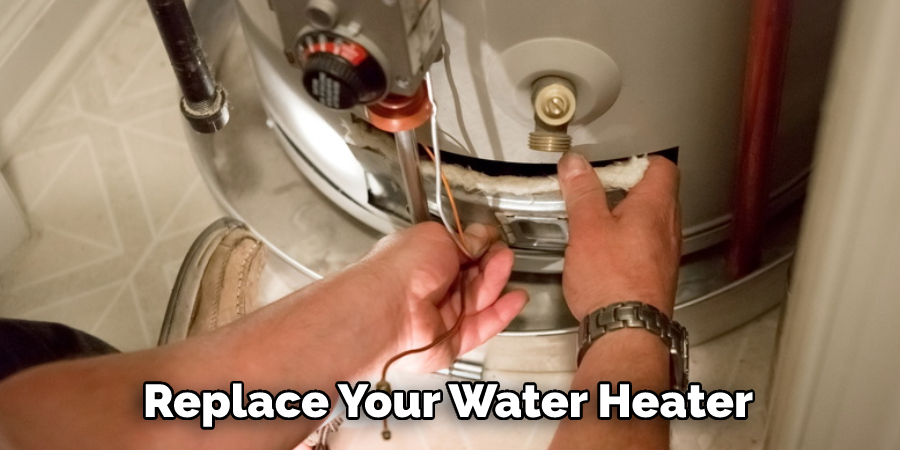
When it comes to water heater replacement, safety should never be sacrificed. If you’re unsure about the condition of your water heater or whether it is still functioning correctly, contact a professional and have them inspect the unit for any potential damages. They can help determine if you need a new heater and will be able to provide advice on the best replacement option for you.
It’s important to take proper care of your water heater to ensure its full lifespan lasts. By following proper maintenance and safety protocols, you can avoid costly repairs or premature replacements and enjoy a long-lasting water heater for many years to come.
Frequently Asked Questions
Does Electricity Bill Comes High When Heater Going Out?
Yes, if you notice an increase in your energy costs associated with heating your home’s water supply, it may be time to replace your water heater.
How Long Can a Heater Last With Proper Maintenance?
A water heater can last 8-12 years with proper maintenance and care. If you don’t perform regular maintenance or repair any minor damages that may occur over time, your water heater could last less than five years.
How Often Should I Flush My Water Heater?
To maintain optimal performance, you should flush your water heater at least once every two years to remove any sediment buildup.
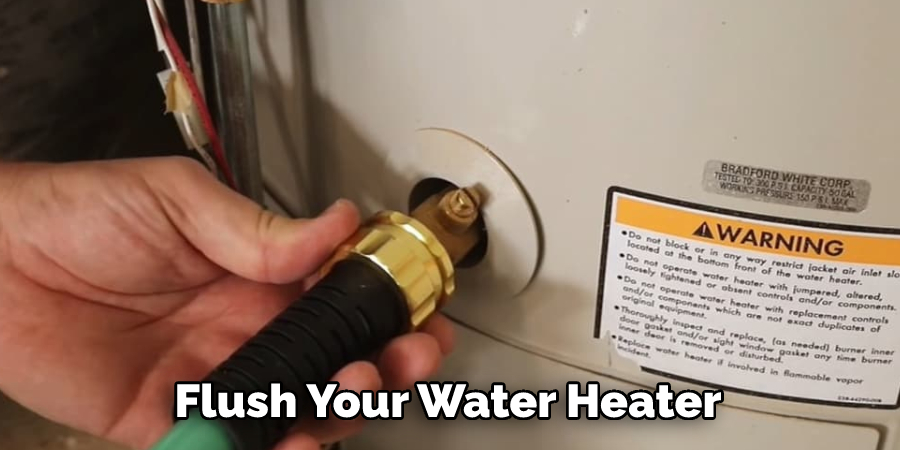
What Are the Signs of a Failing Water Heater?
If you notice any strange noises emanating from your water heater, such as rumbling or popping sounds, this could be a sign that the water heater is failing. Additionally, if you notice an increase in your energy costs associated with heating your home’s water supply, it may also be time to replace your water heater.
Is it Safe to Replace My Water Heater on My Own?
No, it is not safe for you to replace your water heater on your own. If you’re unsure about the condition of your water heater or whether it is still functioning correctly, contact a professional and have them inspect the unit for any potential damages. They can help determine if you need a new heater and will be able to provide advice on the best replacement option for you.
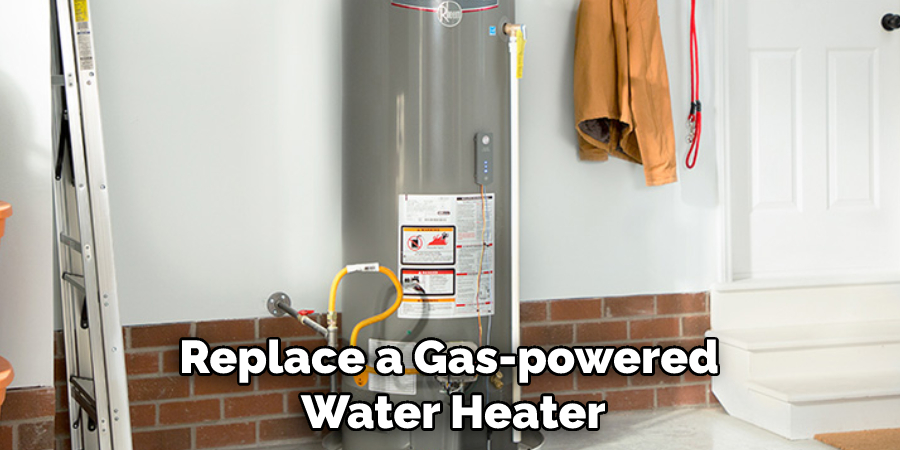
It is also important to note that if your water heater is gas-powered, this should only be performed by a certified professional. Attempting to replace a gas-powered water heater yourself can be very dangerous and may result in serious injury or death. It is strongly recommended that you hire a certified professional to handle your gas powered water heater replacement.
Conclusion
It’s often difficult to ascertain when your water heater is going out. As a homeowner, it is important to be aware of the warning signs so that you can take preemptive action if necessary. Effective maintenance, awareness of certain symptoms and acute observation all play a role in monitoring your water heater and extending its lifespan. If you’re ever uncertain about whether or not your water heater is starting to fail, contact a professional plumber for an inspection.
Don’t wait until the last minute; addressing issues with your water heater sooner rather than later can save you time, money and the hassle of dealing with an inoperable appliance. Remember, one of the best ways to tell your water heater is in decline is by being observant, informed, and prepared – when it comes to this kind of work, it pays to act fast! We have tried to explain about how do you know your water heater is going out if you get any of this above symptoms try to fix or change your heater for a safe environment.

